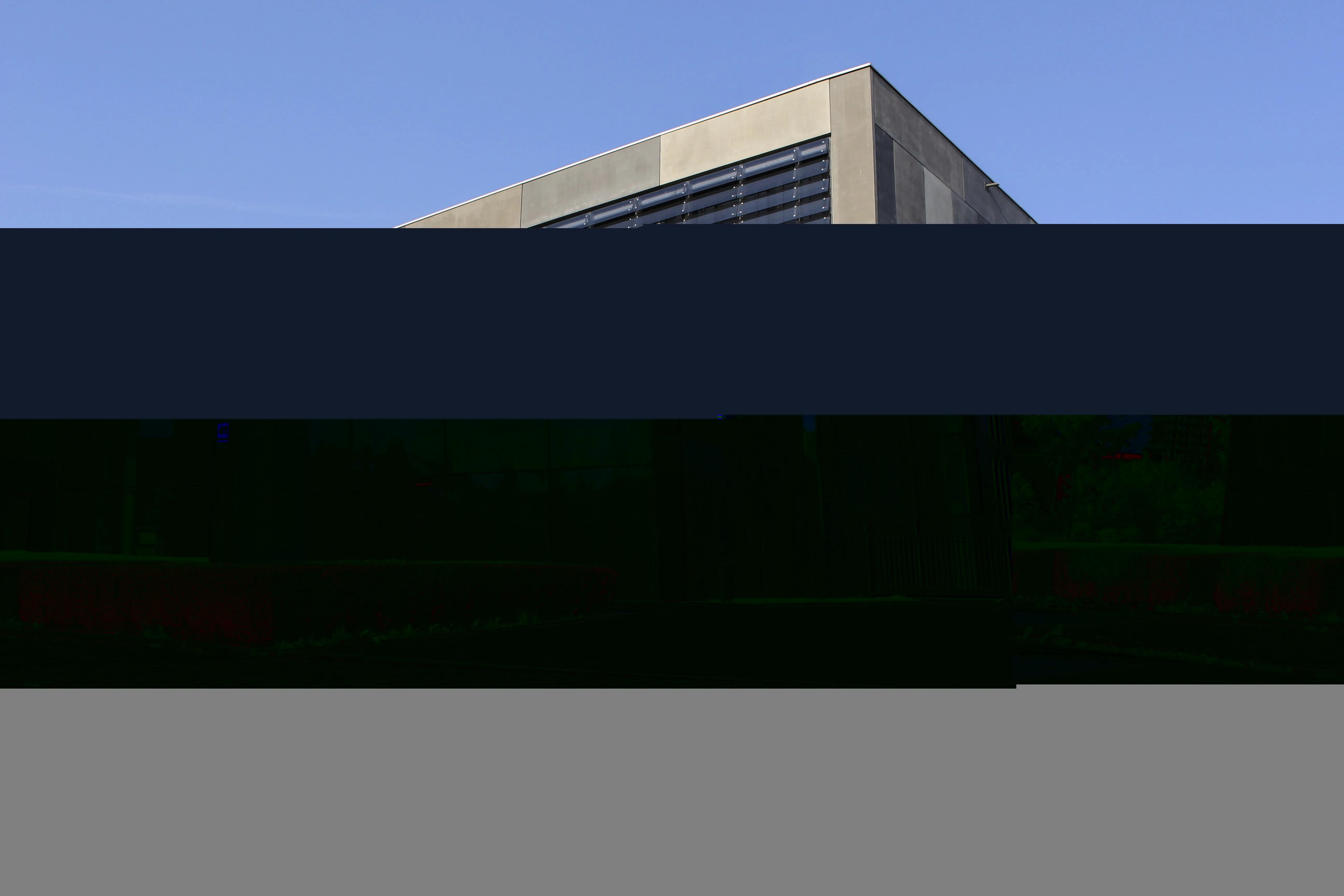
The next generation Transportation Management Systems (TMSs) and their Centres (TMCs) offer agencies the potential to improve safety and mobility. However, these transitions require agencies to make decisions regarding all of the TMS assets and resources, the condition of these assets, and a full assessment of their agency and system’s capabilities and performance. IRF was pleased to support again this year the annual workshop on TMSs organised during the TRB 100th Annual Meeting by the TRB Freeway Operations Committee. The workshop had the support of many other key TRB Committees, IBTTA, ERTICO, and ASECAP and aimed at exploring successful practices, resources, and issues that agencies should consider when transitioning to the next generation of TMS.
Moderated by IRF president, Bill Halkias, the initial part of the workshop set the stage for the conversation by focusing on:
1. Developing and maintaining an inventory of TMS assets and resources
The next generation Transportation Management Systems (TMSs) and their Centres (TMCs) offer agencies the potential to improve safety and mobility. In these transitions, agencies may consider modifying, upgrading, or replacing their TMS assets, subsystems (software, data, telecom), components, and/or field devices. The inventory and condition of these assets and other TMS resources are critical inputs to planning, consideration, and prioritisation of future improvements or allocation of available resources (such as, maintenance, day-to-day operations, improvements).
2. Monitoring and assessing TMS assets and resources
The inventory and condition of assets is information used in planning for improvements (such as increased coverage, adding functions, offering new services) or efforts to pursue the next generation of an agency’s TMS. Agencies also use this information to adjust priorities, allocate program resources, and pursue day-to-day activities based on the monitoring and conditions of TMS assets. These decisions should consider not only the strategic direction of the next generation of their TMS but also the condition of assets, scheduled (such as asset replacement, preventive maintenance) and unplanned activities (such as repairs), day-to-day operation (for example, asset monitoring), and available resources.
3. Assessing and reporting on TMS capabilities
The ability to access and integrate information on the inventory and condition of assets is critical to assisting agencies with improving day-to-day performance, allocation of limited resources, and planning for the next generation of their TMS.
In addition to podium presentations, the workshop featured highly interactive group discussions in six parallel breakout sessions.
Several follow-up actions and activities were agreed upon at the end of the workshop.
• A summary of the workshop presentations and outcomes will be available on http://www.trb.org/AnnualMeeting/AnnualMeeting.aspx.
• For more info, contact IRF at [email protected]
IRF Young Professionals Programme: New leadership
A new leadership team for the IRF Young Professionals (YP) will be working closely with the IRF for the next 24 months (2021-2022). The team is composed of four members from different areas around the globe: three YP Leads including Frederick John from Belgium, Shashank Misra from India and Ray Adrian Macalalag from the Philippines; and YP Secretary Tendekayi Marapara from Zimbabwe.
The IRF Young Professionals Programme serves as a platform for the next generation of leaders and specialists in the road and mobility sector to propose initiatives, share ideas and engagements with the overall activities of the IRF. Furthermore, its mission is to present the road and mobility sectors as a multidisciplinary area for development for young professionals across various backgrounds.
• For more info on how to get involved: https://irfnet.ch/irf-young-professionals-programme/







